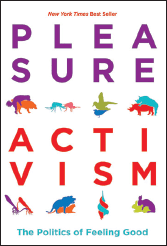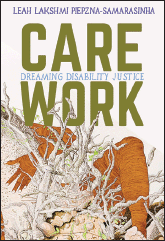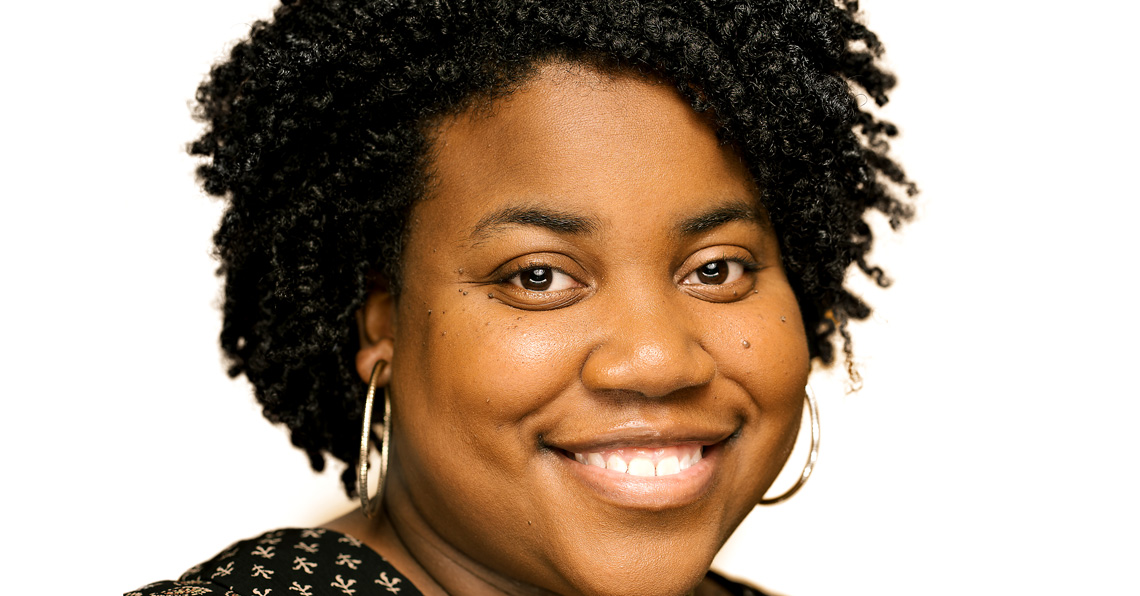What Are You Reading? Brooke Bosley
Issue: XXX.1 January - February 2023Page: 10
Digital Citation
Authors:
Brooke Bosley
The texts I have been reading offer insight into the benefits of social movements and people's lived experiences in designing equitable futures. The first is Pleasure Activism: The Politics of Feeling Good by adrienne maree brown. Brown defines pleasure activism as the work we do to reclaim our happy and satisfiable selves despite systemic oppression. The book contains essays, stories, and activities from activists and scholars that help us understand the role of pleasure in human experiences, including Joan Morgan's "Why We Get Off" and Audre Lorde's "Uses of the Erotic." Both essays offer insight into how pleasure challenges power systems. Pleasure pushes on systemic structures because it focuses on individuals centering themselves and their needs instead of catering to what society deems necessary or important. Pleasure Activism's opening chapters begin with definitions and analyses that underscore that pleasure is more than sexual gratification—it's how people find joy in the mundane. For a design researcher, this book offers help in navigating the principles and/or steps essential to making interactions and design experiences pleasurable for everyone, regardless of ability.

The second text is an online research guide from Black Womxn Flourish, a design group focused on envisioning new health practices, experiences, and tools for Black women and femmes. The group has designed activities around Black women's maternal mortality, cultivating healing spaces that respond to burnout, and envisioning equitable futures. One way that Black Womxn Flourish has given back to the community is through a series of guides, playlists, and other resources for designers to cultivate well-being day-to-day. Their guide, "Care Practices: Tools for Uplifting Your Mental and Emotional Well-Being," focuses on how we can create spaces that allow people to be vulnerable and intimate in design activities. Although only six pages, the guide offers an excellent list of strategies to foster emotional and mental well-being during challenging design workshops. The group has implemented these reflections and activities in virtual workshops, where they've found them to be beneficial. One example is the use of breath work, the practice of inhaling and exhaling to cultivate inner peace and healing.

The next work is Care Work: Dreaming Disability Justice by Leah Lakshmi Piepzna-Samarasinha. The author weaves personal stories, experiences, poems, and songs to tell a story about the importance of disability justice in combating ableist beliefs and practices. The central theme around the writer's praxis is the importance of caring for one another and ourselves as a strategy for fighting the tools of oppression. Care Work is a valuable resource that stresses the importance of radical approaches to disability work that benefit designers and researchers. My favorite aspect of the book is the personal stories that envision radical futures centered on disability, care, and love grounded in disability justice work by Black and brown communities. Each of these works have been helpful in my design research process, through offering humanities-centered approaches to building equitable technology design.
Pleasure pushes on systemic structures because it focuses on individuals centering themselves and their needs instead of catering to what society deems necessary or important.
Brooke Bosley is a fifth-year Ph.D. candidate in digital media at the Georgia Institute of Technology specializing in Black media. Her dissertation work lies at the intersection of human-computer interaction, Afrofuturism, Black feminism, and race and technology. [email protected]
Copyright held by author
The Digital Library is published by the Association for Computing Machinery. Copyright © 2023 ACM, Inc.


